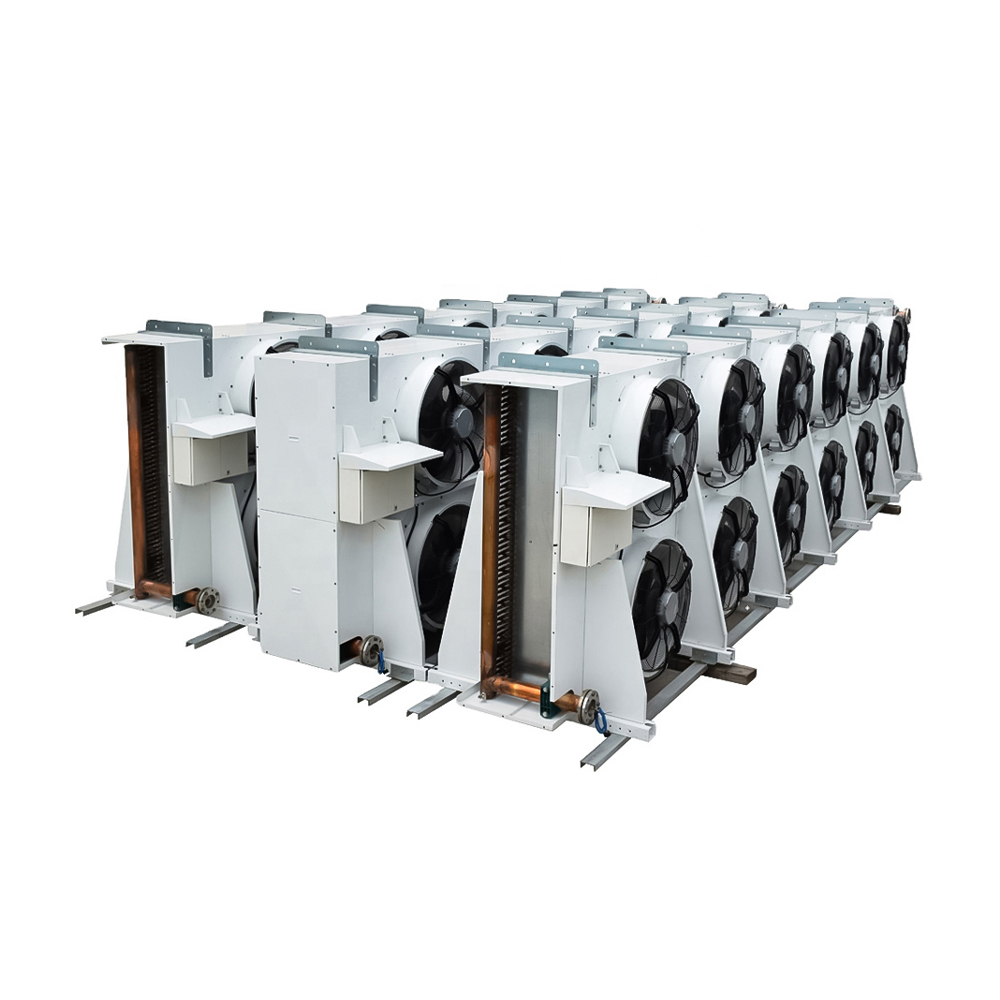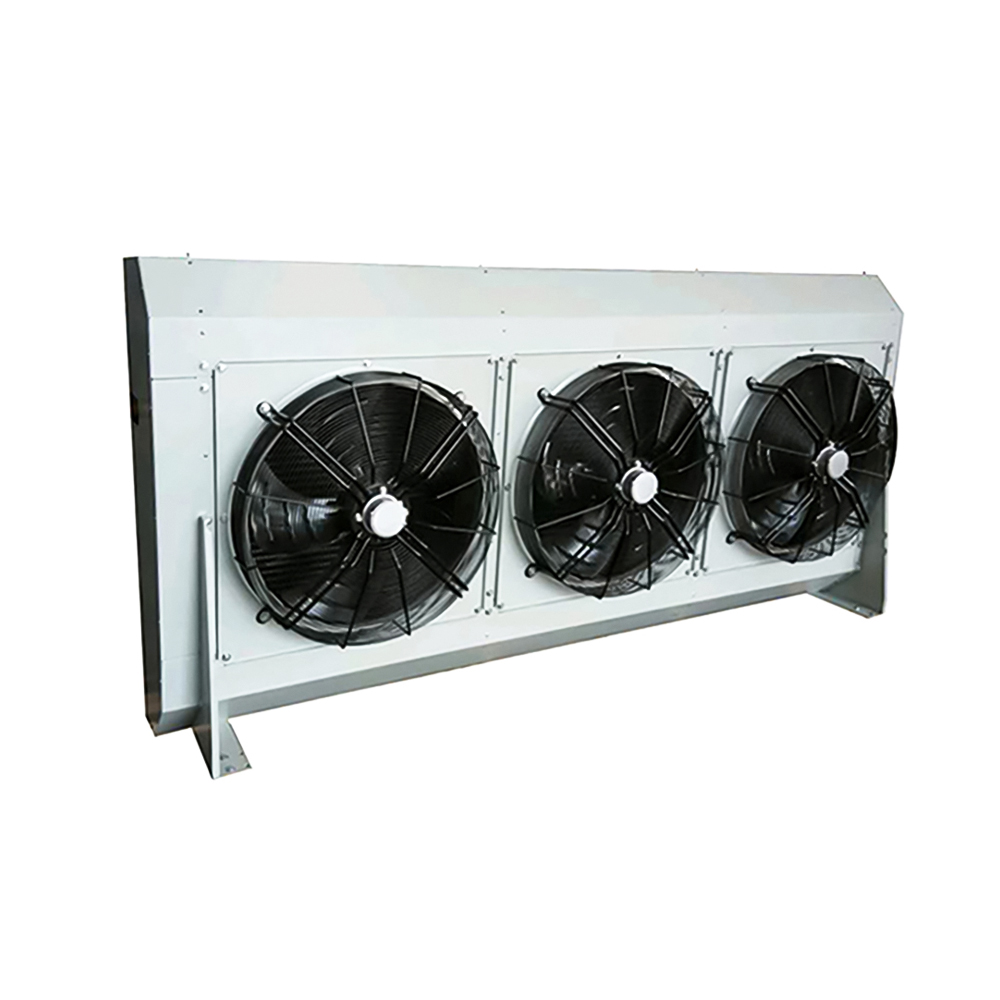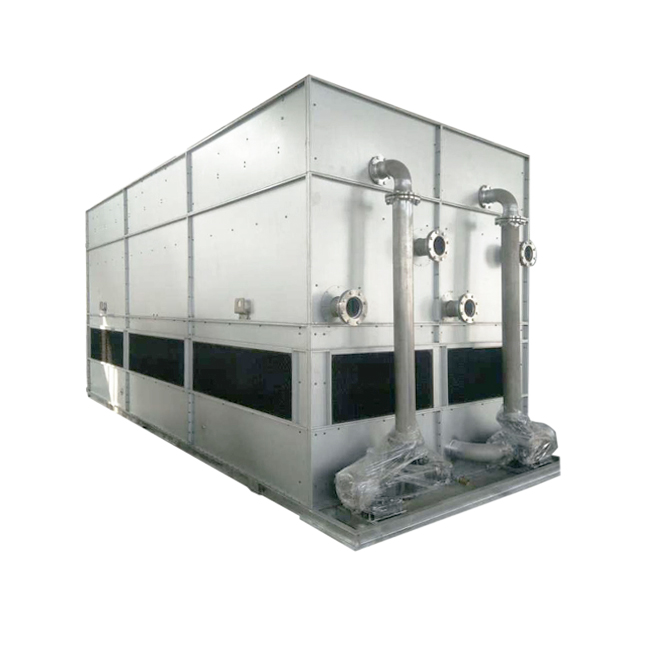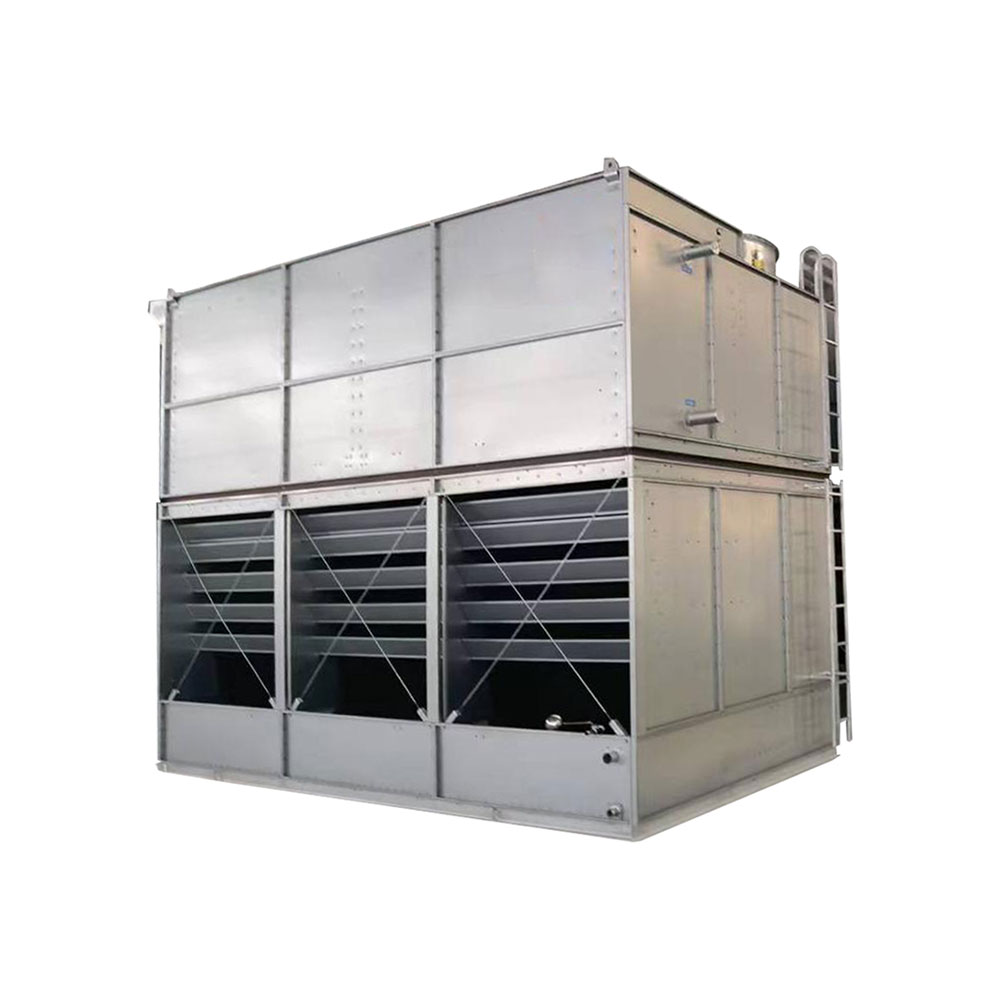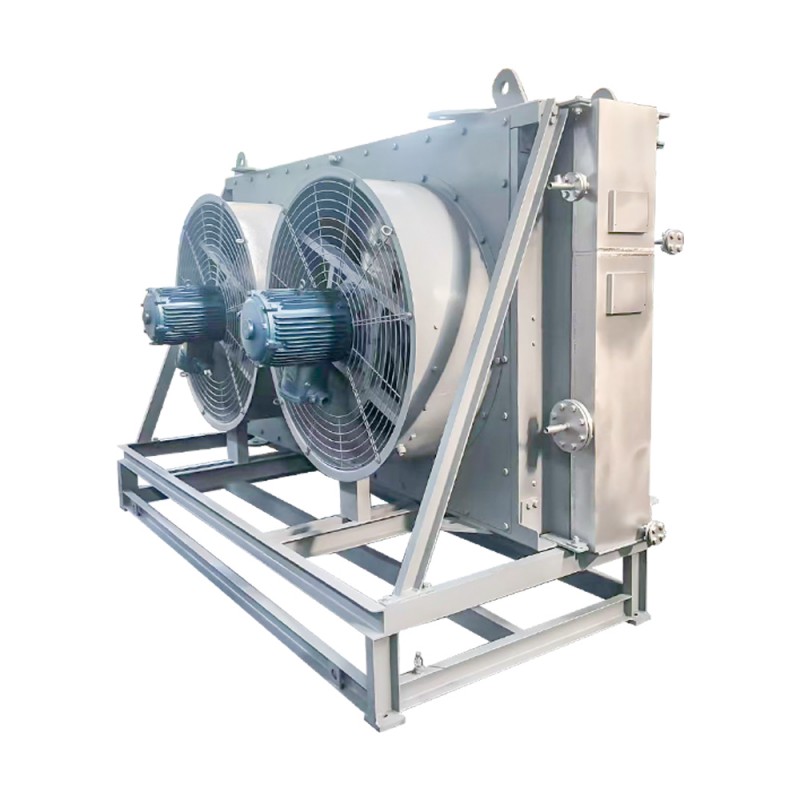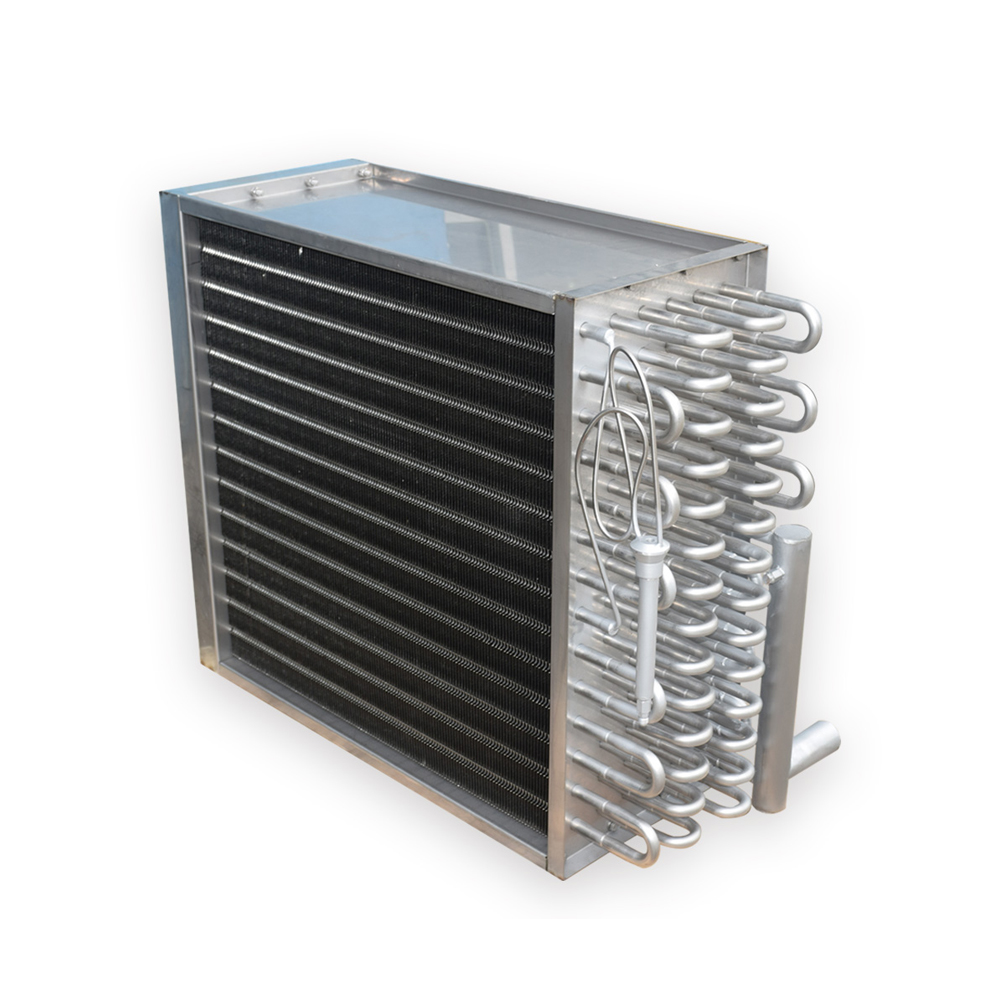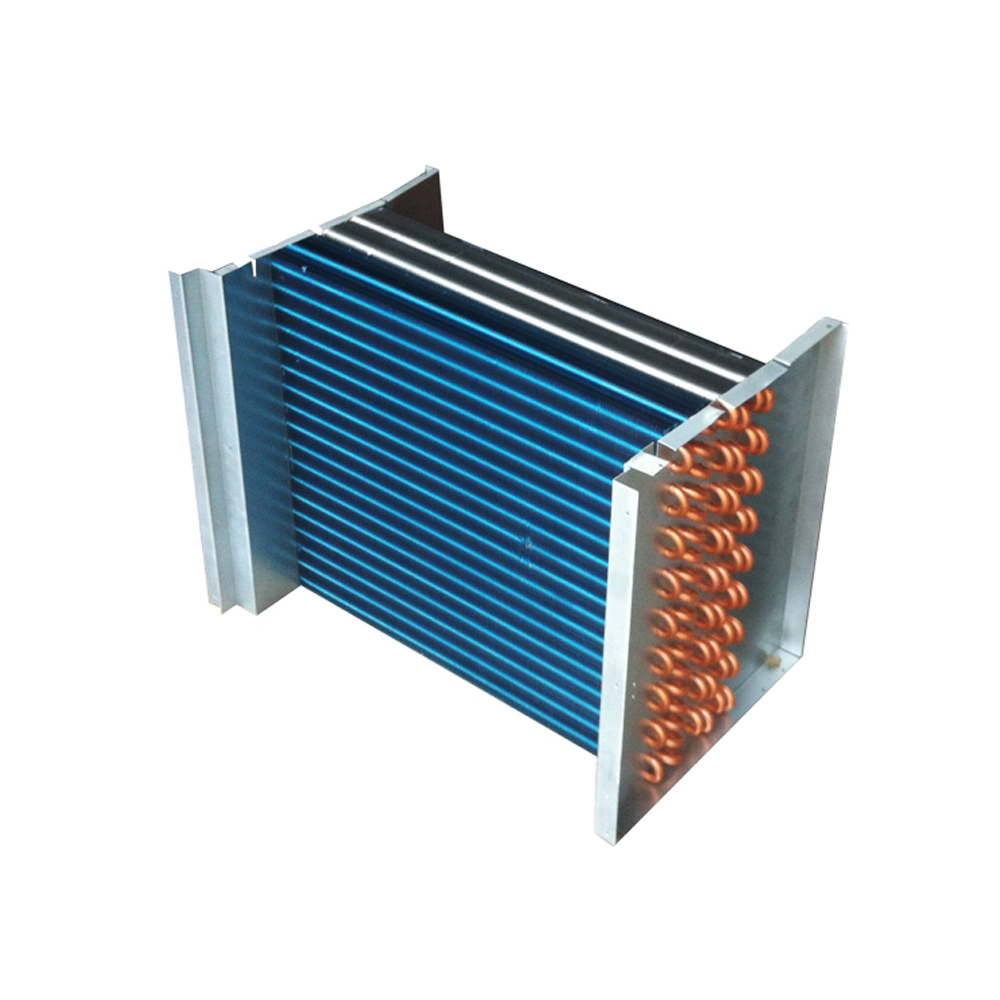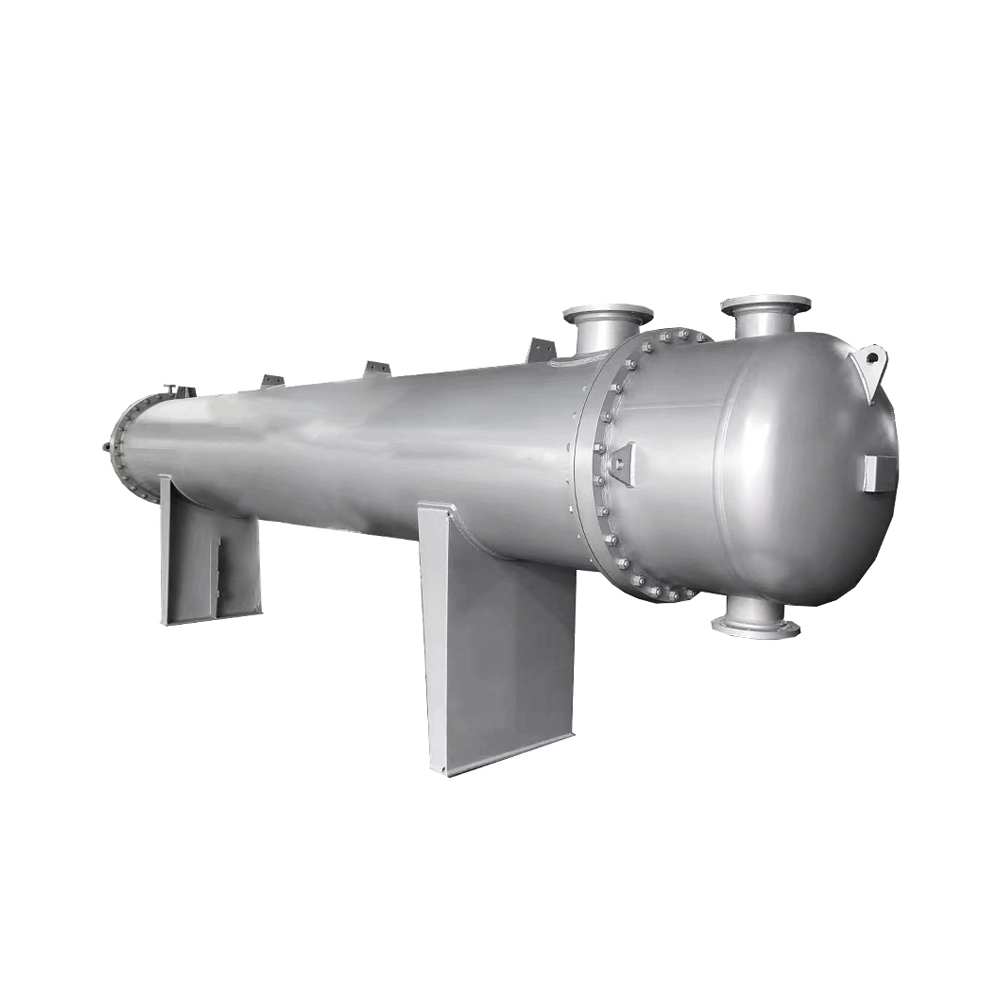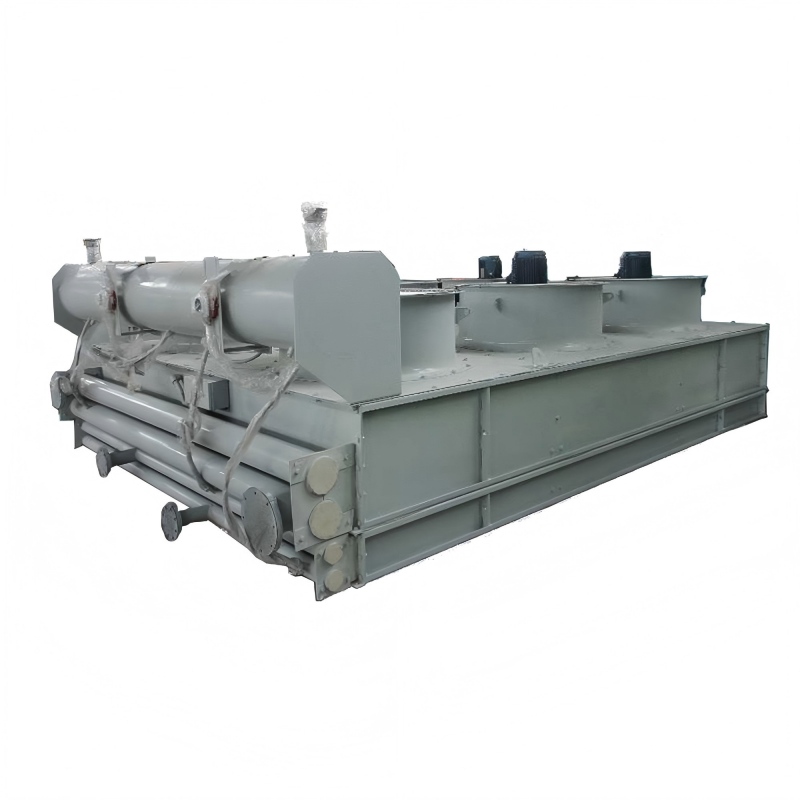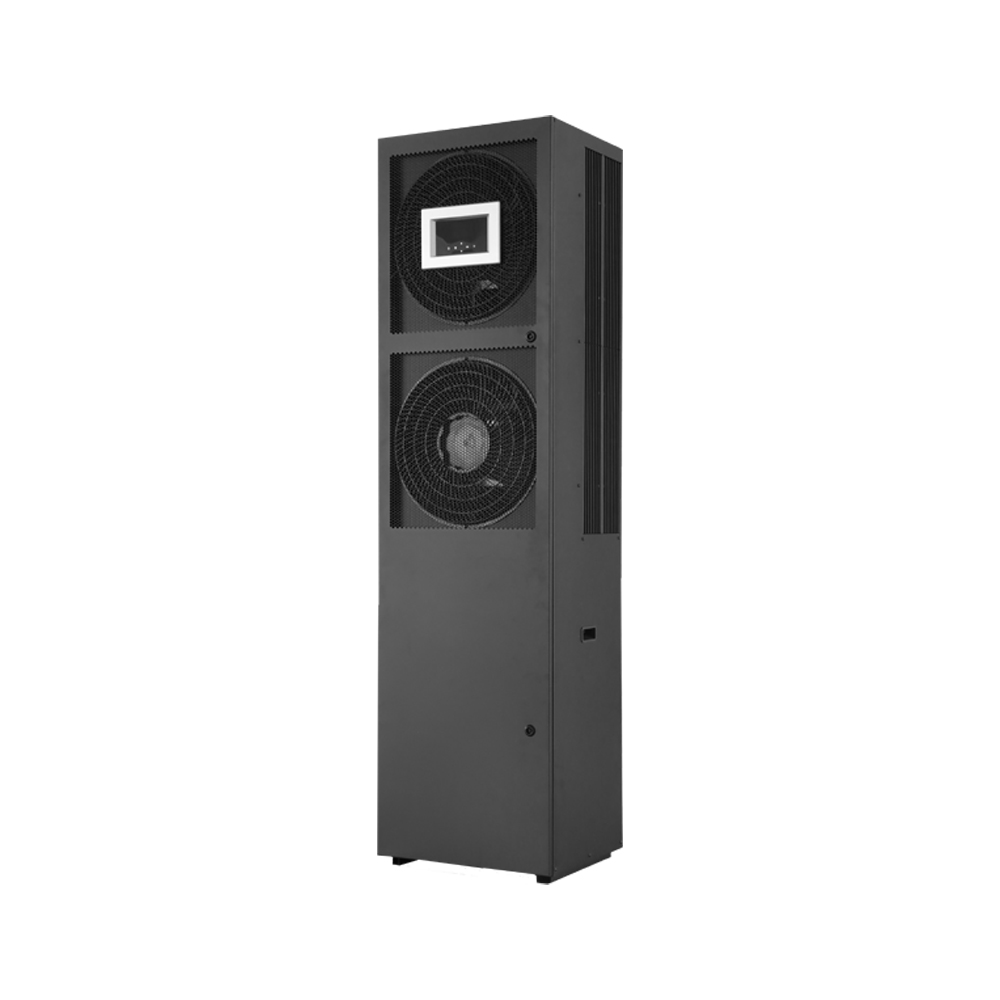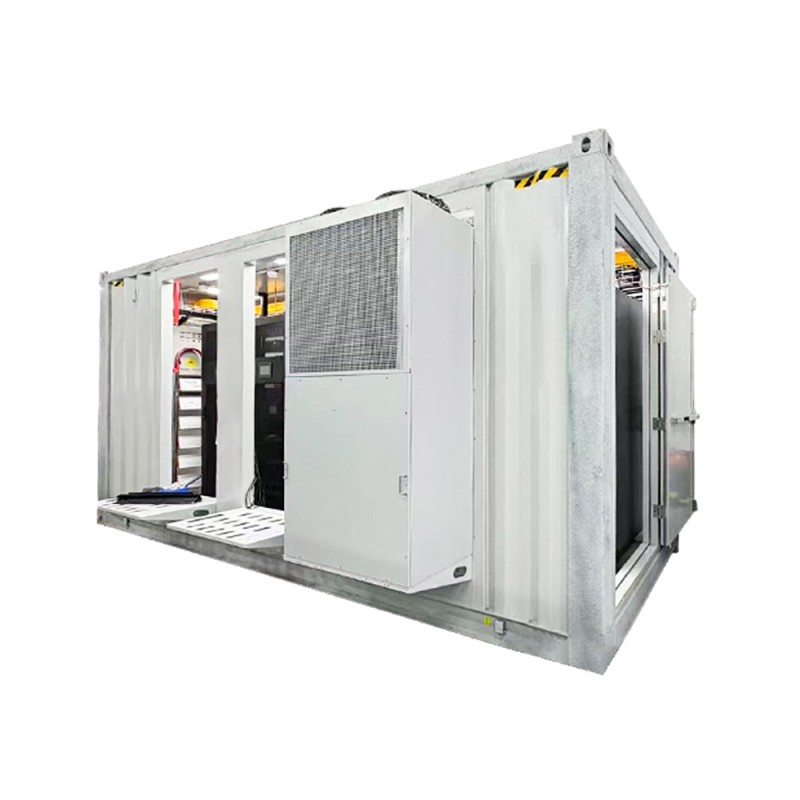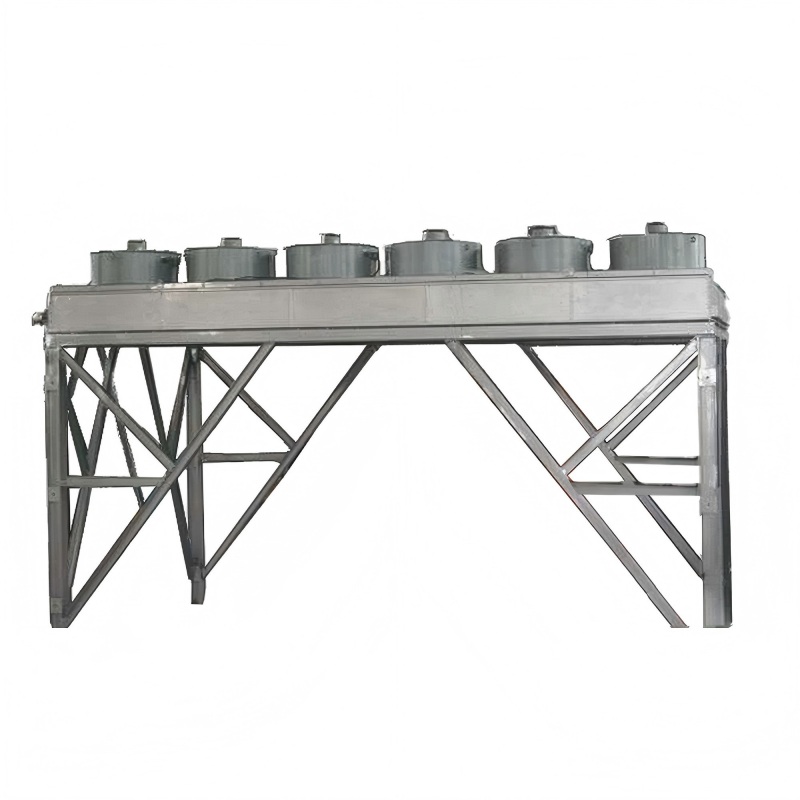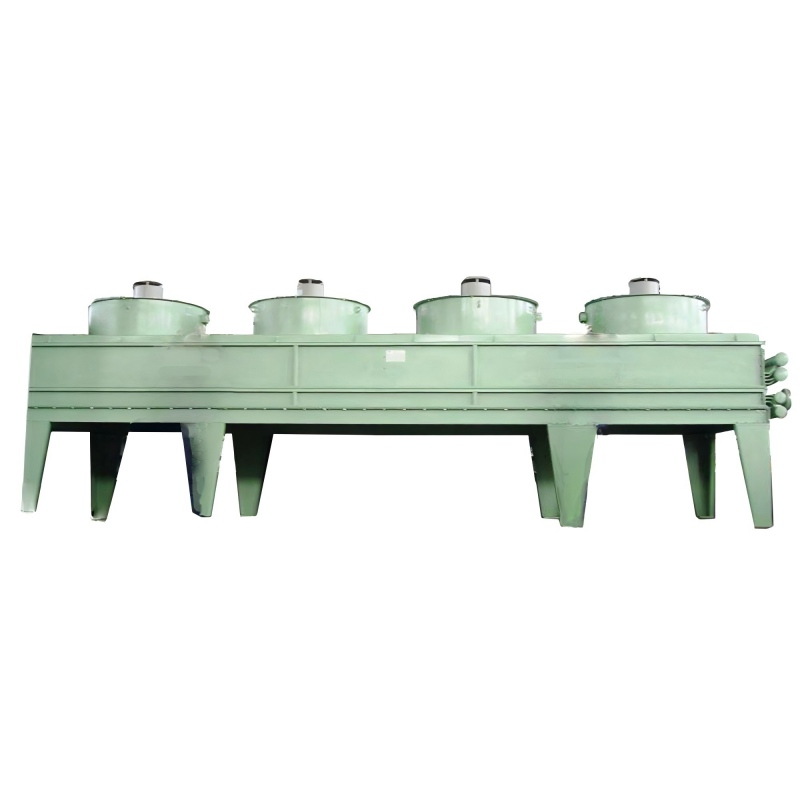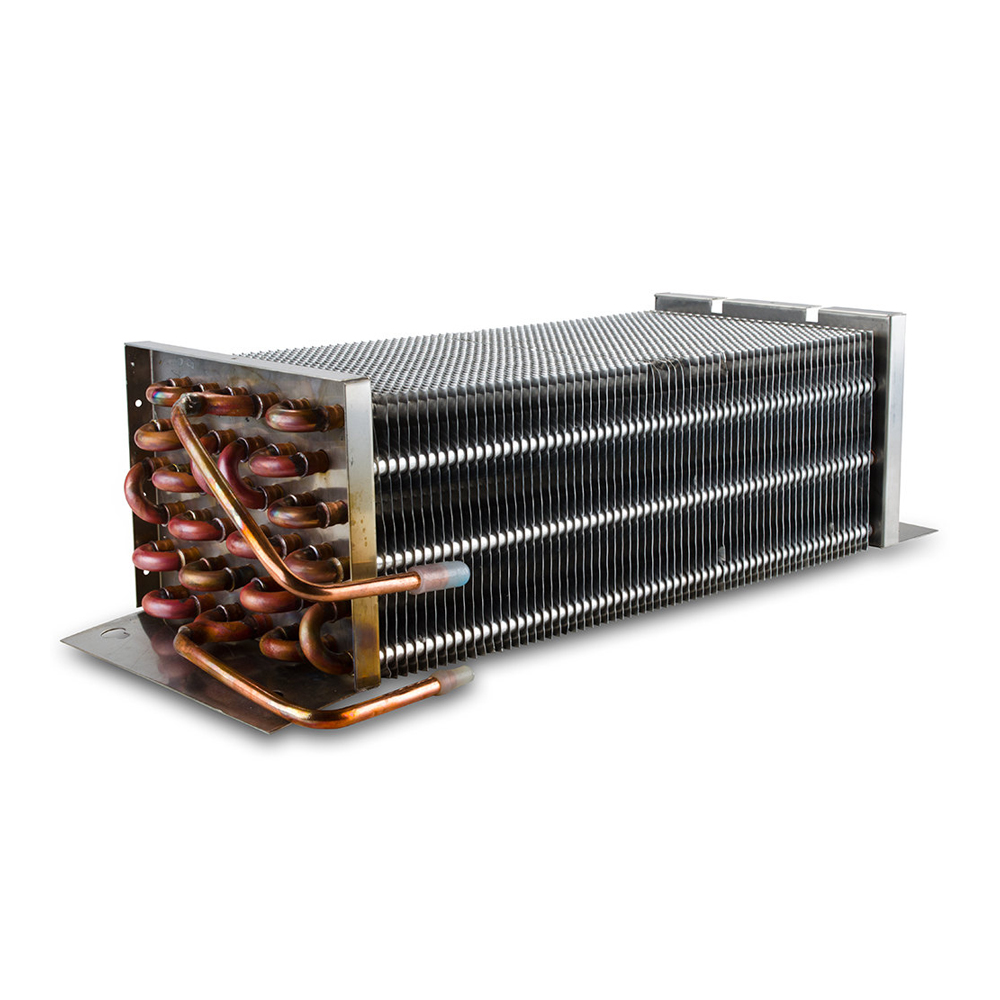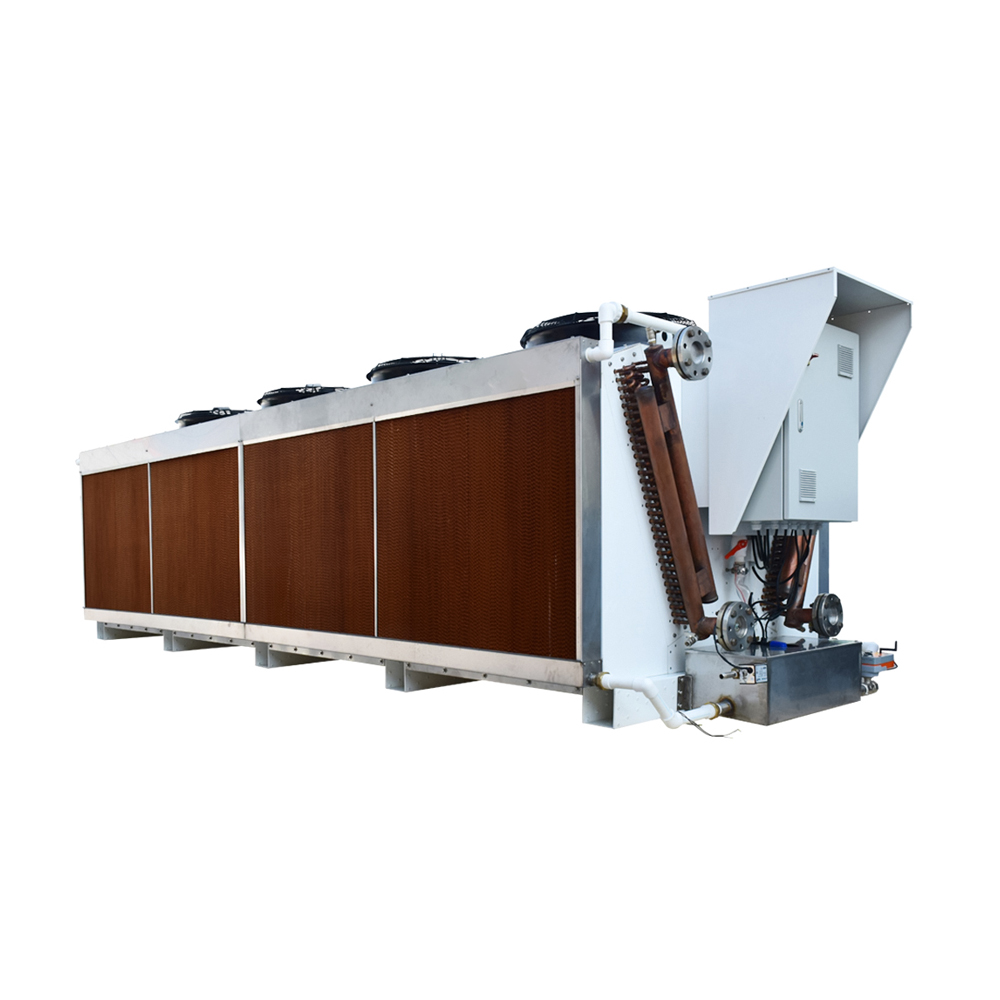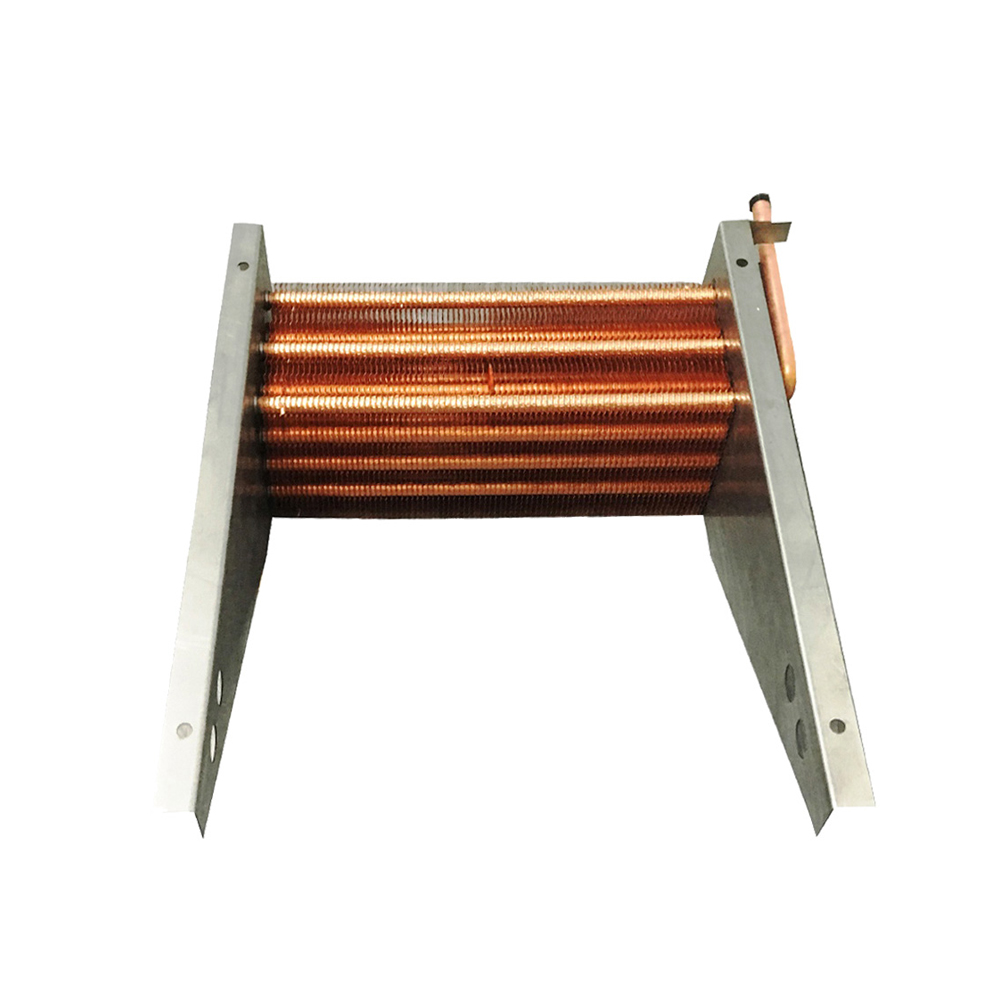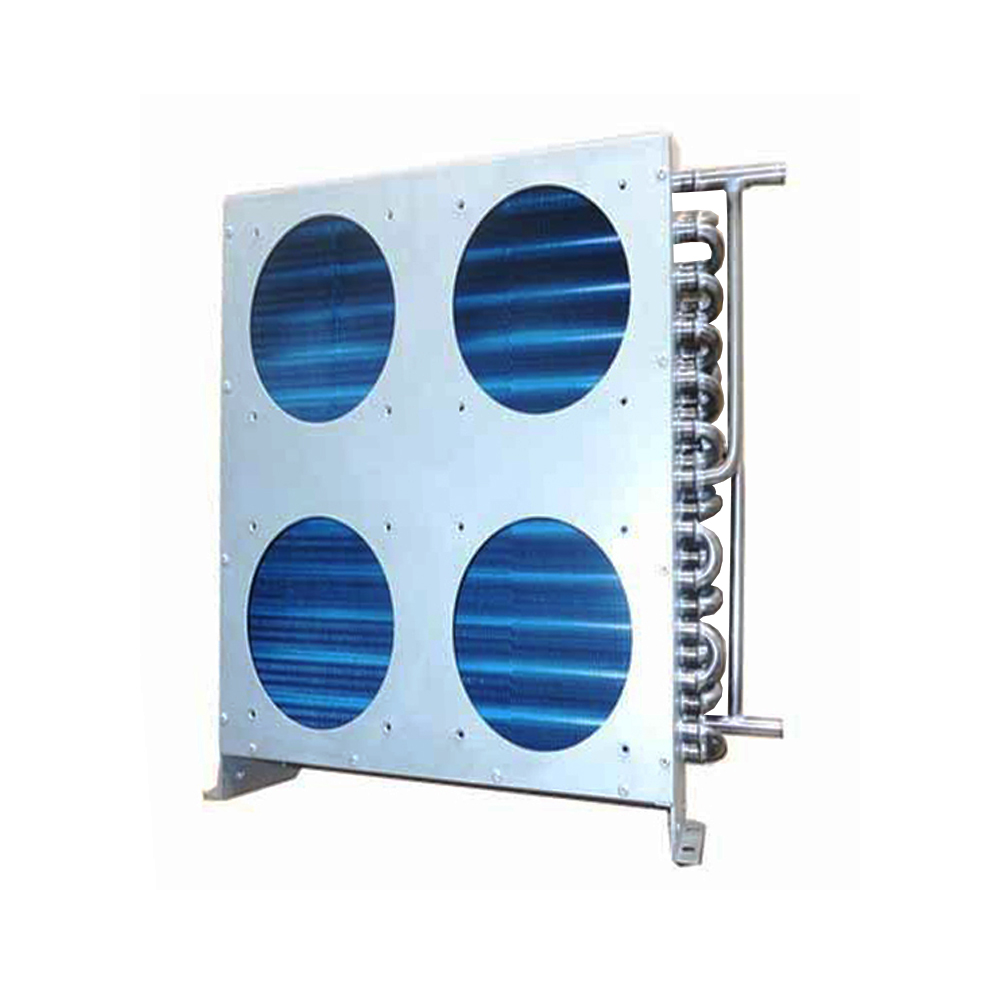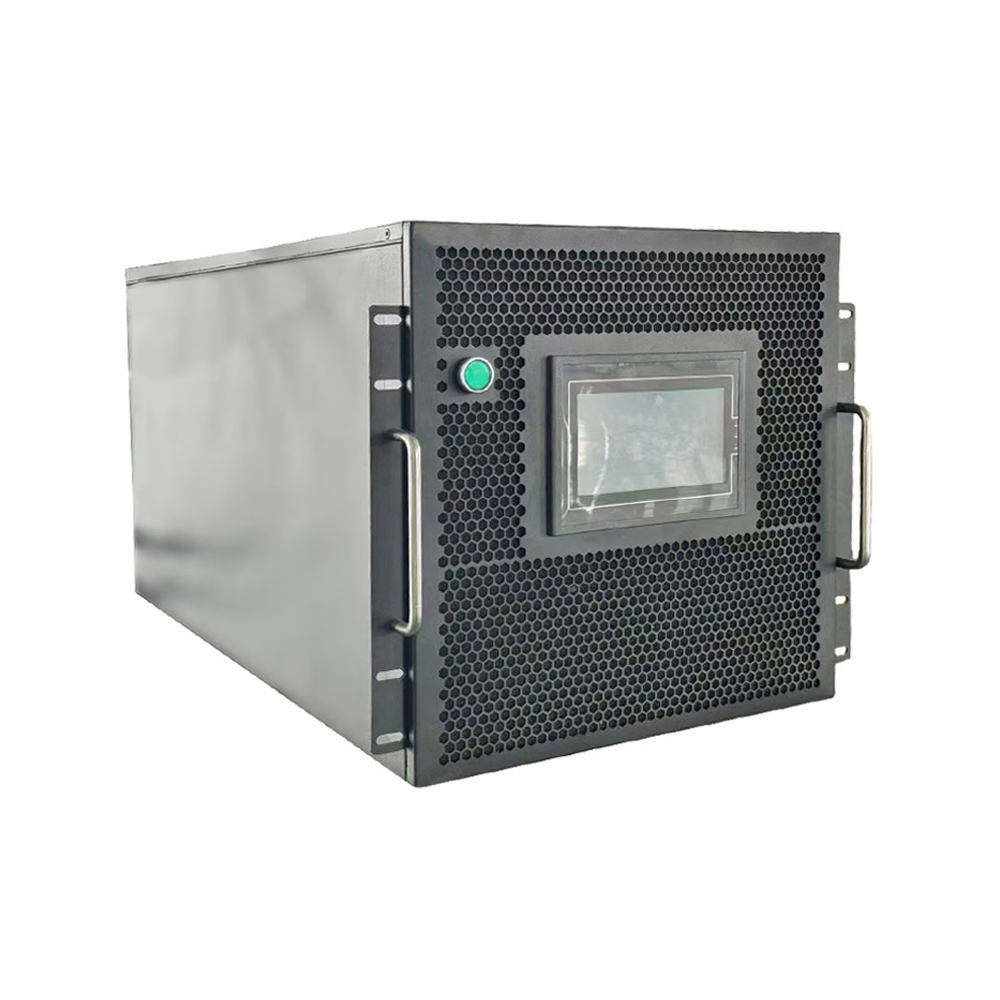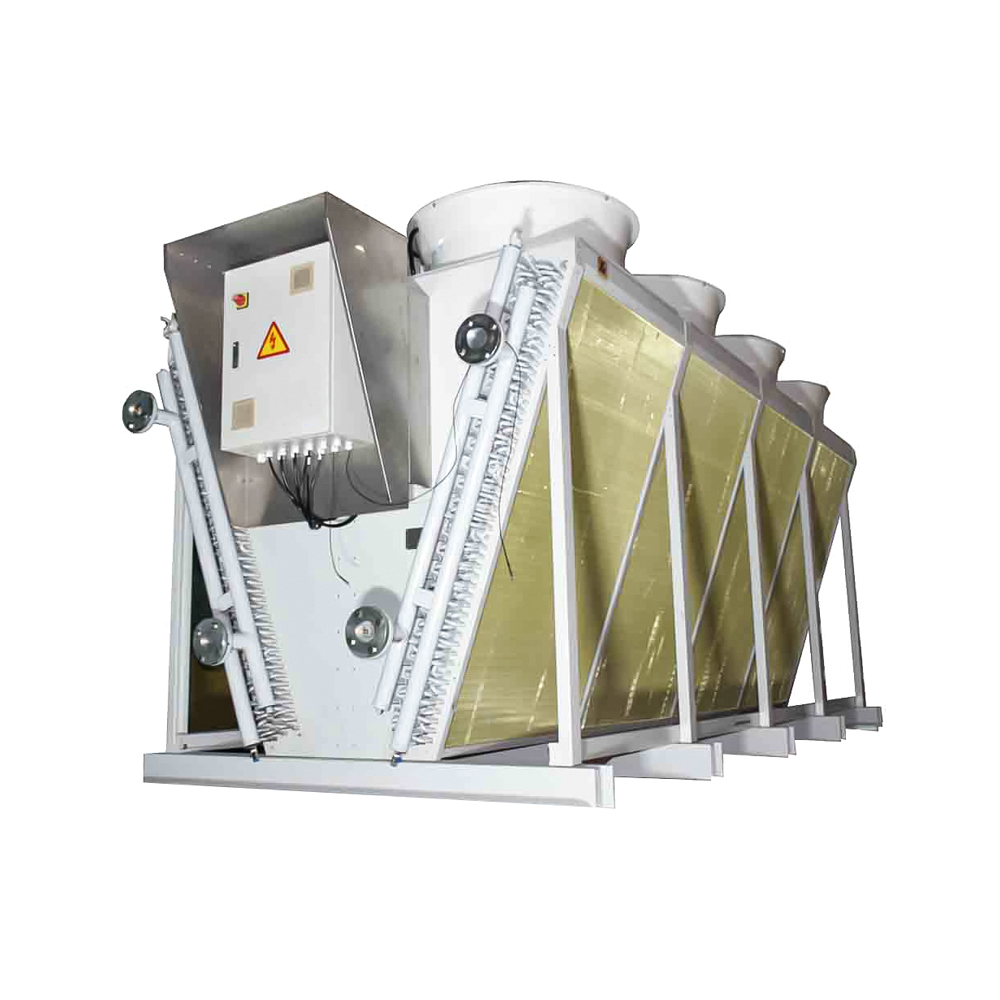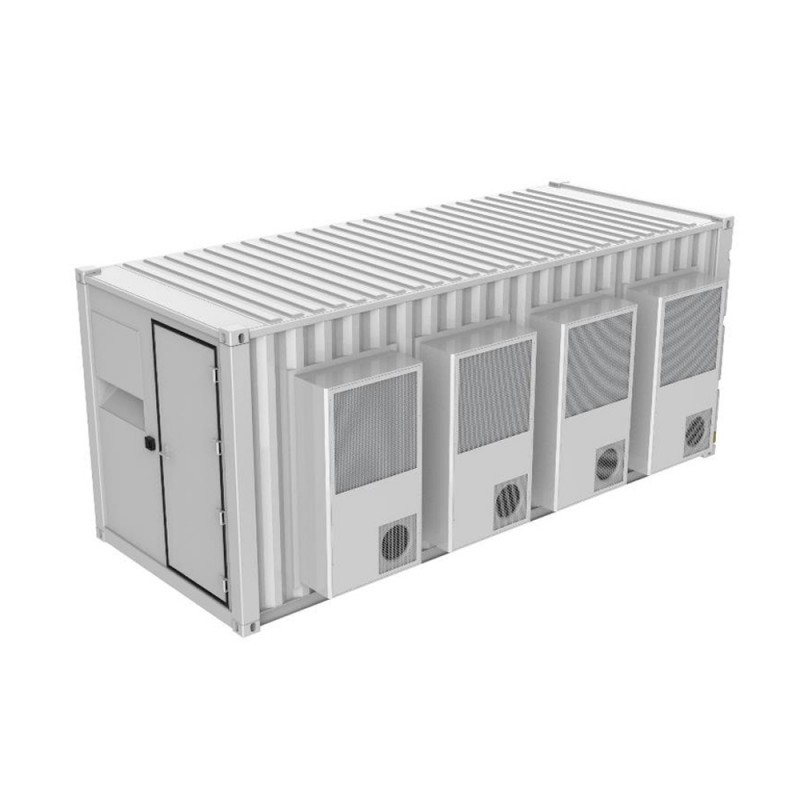This guide explores the world of tubular heat exchangers, providing a comprehensive overview for those seeking to understand their manufacturing, applications, and selection. We'll delve into various types, materials, and considerations to help you make informed decisions. Learn about the key factors influencing performance and efficiency, enabling you to choose the optimal tubular heat exchanger for your specific needs.
Understanding Tubular Heat Exchangers
What are Tubular Heat Exchangers?
Tubular heat exchangers are devices used to transfer heat between two fluids. They are widely employed across various industries due to their robust design and ability to handle high pressures and temperatures. The fundamental principle involves one fluid flowing through tubes while the other fluid flows around the tubes (shell and tube) or between them (double pipe). This configuration allows for efficient heat transfer between the two fluids.
Types of Tubular Heat Exchangers
Several types of tubular heat exchangers exist, each suited for specific applications. These include:
- Shell and Tube Heat Exchangers: The most common type, characterized by a cylindrical shell containing numerous tubes.
- Double Pipe Heat Exchangers: Simpler design with one tube inside another, ideal for smaller applications.
- U-Tube Heat Exchangers: Tubes are bent into a U-shape, facilitating easier maintenance and cleaning.
Choosing the Right Tubular Heat Exchanger
Factors to Consider
Selecting the appropriate tubular heat exchanger requires careful consideration of several factors, including:
- Fluid Properties: Viscosity, temperature, pressure, and corrosiveness impact design and material selection.
- Heat Transfer Requirements: The desired heat transfer rate dictates the exchanger's size and configuration.
- Material Compatibility: Choosing the right material (stainless steel, copper, titanium, etc.) is crucial for durability and preventing corrosion.
- Operating Conditions: Pressure, temperature, and flow rates influence the design parameters.
- Maintenance Requirements: Accessibility for cleaning and maintenance is a significant consideration.
Materials Used in Tubular Heat Exchanger Manufacturing
The materials used in manufacturing tubular heat exchangers vary depending on the application and fluid characteristics. Common materials include:
- Stainless Steel: Offers excellent corrosion resistance and strength.
- Copper: High thermal conductivity, suitable for many applications.
- Titanium: Excellent corrosion resistance, used for demanding applications.
- Carbon Steel: Cost-effective but susceptible to corrosion, often requiring protective coatings.
Leading Tubular Heat Exchanger Manufacturers
Several reputable manufacturers specialize in producing high-quality tubular heat exchangers. Thorough research is crucial to find a manufacturer that aligns with your specific needs and project requirements. One such manufacturer you may wish to consider is Shanghai SHENGLIN M&E Technology Co.,Ltd, a company known for its expertise and commitment to providing innovative solutions in the heat exchange industry. Their dedication to quality and customer satisfaction makes them a valuable resource in this field.
Applications of Tubular Heat Exchangers
Tubular heat exchangers find widespread applications across diverse industries, including:
- Chemical Processing
- Oil & Gas
- Power Generation
- Refrigeration
- HVAC
- Food and Beverage Processing
Maintenance and Operation of Tubular Heat Exchangers
Proper maintenance is essential to ensure the long-term performance and efficiency of tubular heat exchangers. Regular inspections, cleaning, and potential repairs are crucial to prevent issues and maintain optimal heat transfer. Consult the manufacturer's guidelines for specific maintenance recommendations.
Conclusion
Selecting the right tubular heat exchanger manufacturer is paramount for success. By understanding the various types, materials, and factors influencing performance, you can make an informed decision that meets your specific needs and budget. Remember to consider factors like material compatibility, operating conditions, and maintenance requirements when selecting a tubular heat exchanger for your project. Always consult with experienced professionals to ensure optimal performance and longevity of your equipment.









